Moscow halts UN-brokered grain deal
Suspends deal over failure to ease rules for its own food, fertiliser exports
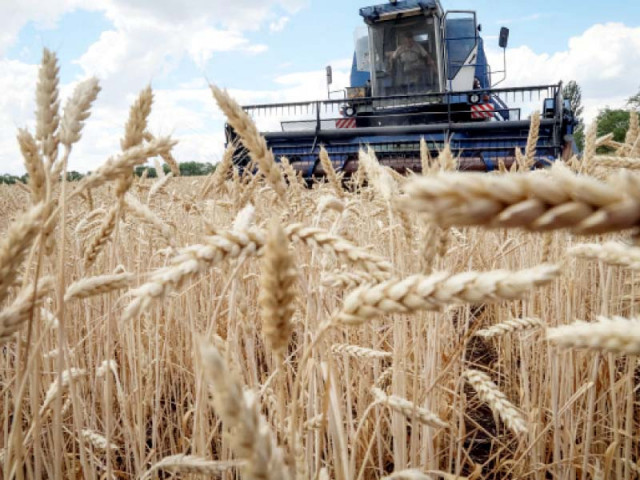
Russia halted participation on Monday in the year-old UN-brokered deal that lets Ukraine export grain through the Black Sea, spreading a sense of dread in poorer countries where people fear price rises will put food out of reach.
Hours earlier, a blast knocked out Russia’s bridge to Crimea in what Moscow called a strike by Ukrainian sea drones. Russia said two civilians were killed and their daughter wounded in what Moscow cast as a terrorist attack on the road bridge, a major artery for Russian troops fighting in Ukraine.
The Kremlin said there was no link between the attack and its decision to suspend the grain deal, over what it called a failure to meet its demands to implement a parallel agreement easing rules for its own food and fertiliser exports.
“Unfortunately, the part of these Black Sea agreements concerning Russia has not been implemented so far, so its effect is terminated,” Kremlin spokesman Dmitry Peskov told reporters on a conference call.
UN Secretary-General Antonio Guterres signalled that Russia’s withdrawal meant that the related pact to facilitate Russia’s grain and fertiliser exports was also terminated.
“Today’s decision by the Russian Federation will strike a blow to people in need everywhere,” he told reporters.
Moscow said it would consider rejoining the grain deal if it saw “concrete results” on its demands but that its guarantees for the safety of navigation would meanwhile be revoked.
In Washington, the White House said Russia’s suspension of the pact “will worsen food security and harm millions.”
Global food prices
Ukraine and Russia are some of the world’s biggest exporters of grain and other foodstuffs and any interruption could drive up food prices across the globe, especially in the poorest countries.
Shashwat Saraf, the emergency director in East Africa for the International Rescue Committee (IRC), said the impacts would be far-reaching in Somalia, Ethiopia and Kenya, which have been facing the Horn of Africa’s worst drought in decades.
“I don’t know how we will survive,” said Halima Hussein, a mother of five children living in a crowded camp in Somalia’s capital Mogadishu for people displaced by years of failed rains and violence.
Ukraine’s President Volodymyr Zelenskiy raised the prospect of resuming grain exports without Russia’s participation, suggesting Kyiv would seek Turkey’s support to effectively negate the Russian de facto blockade imposed last year.
“We are not afraid,” spokesperson Serhiy Nykyforov quoted Zelenskiy as saying. “We were approached by companies, shipowners. They said that they are ready, if Ukraine lets them go, and Turkey continues to let them through, then everyone is ready to continue supplying grain.”
The grain deal was hailed as preventing a global food emergency when it was brokered by the United Nations and Turkey last year. Global commodity food prices rose on Monday, though the increase was limited, suggesting traders did not yet anticipate a severe supply crisis.
Turkish President Tayyip Erdogan, the grain deal’s sponsor, said earlier on Monday he still believed Putin wanted it to continue.
Western countries say Russia is trying to use its leverage over the grain deal to weaken financial sanctions, which
do not apply to Russia’s agricultural exports.
Published in The Express Tribune, July 18th, 2023.
Like Business on Facebook, follow @TribuneBiz on Twitter to stay informed and join in the conversation.


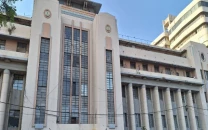
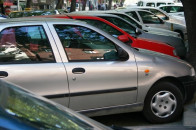


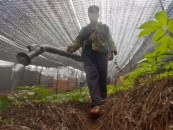
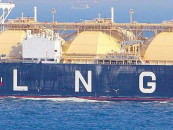











COMMENTS
Comments are moderated and generally will be posted if they are on-topic and not abusive.
For more information, please see our Comments FAQ